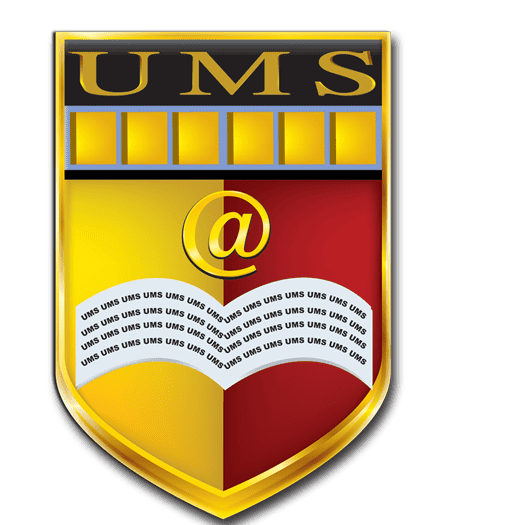Program outcomes
A knowledge and understanding skills
After completing the program, the graduate will be able to:
- A1.Demonstrate an understanding of the fundamentals of biomedical sciences, physics, mathematics, chemistry and the physiological mechanisms of regulation of the human body.
- A2. Explain the basics of social and behavioral sciences.
- A3. Explaining the physical and chemical properties of medical materials and products
- A4. Describe analytical methods, principles, and design and development techniques
- A5. Identify the effect of drugs on the human body.
- A6. Explain the foundations of complementary and alternative medicines
- A7. Identify the types of toxins, their mechanisms, and toxic effects
- A8.Describe the biological and kinetic effects of drugs
- A9. Identify the foundations of health policy, pharmacoeconomics, pharmacoepidemiology, as well as drug marketing and management
- A10.Describe the role of pharmacists in different pharmaceutical professional practices.
- A11.Learn about the properties, dosage forms, and new drug delivery systems.
- A12.Describe biostatistical methods and pharmaceutical calculations.
B mental skills
After successfully completing the program, he will possess the following intellectual skills and outcomes:
- B1. Collect, interpret and evaluate information and data related to the practice of the pharmacy profession
- B2. Classification of drugs, concepts and other information related to pharmaceutical sciences based on the scientific classification system.
- B3. Design and evaluation of a wide range of safe and effective drugs, pharmaceutical dosage forms and cosmetic preparations.
- B4. Determine appropriate standard operating procedures for conducting qualitative and quantitative analyses.
- B5. Planning a contemporary and modern system for managing institutions specialized in drug marketing that takes into account professional ethics.
- B6. Develop and design appropriate methods for extracting active medicinal substances from various sources.
- B7. Formulate and evaluate a patient care plan regarding rational use of medications.
- B8. Use appropriate scientific research methods, which include experimental, observational, and electronic research methods to collect data and solve problems.
- B9. Applying mathematical equations to calculate data relevant to pharmaceutical practice.
C Professional and training skills
After successfully completing the program, the graduate will acquire professional skills and be able to: -
- C1. Safely handle chemicals, biological samples, ingredients, and pharmaceutical products.
- C2. Operate various pharmaceutical machines and harness related technology to prepare, design, formulate and analyze starting materials according to pharmaceutical standard guidelines.
- C3. Research and investigate to obtain medicines from various sources and be able to successfully conduct pharmaceutical tests on them.
- C4. Providing advice and advice to patients and healthcare workers alike to rationalize the use of medicines.
- C5. Employing relevant methods to produce investigational preparations including parenteral nutrition products and intravenous preparations.
- C6. Apply administrative rules and principles of pharmacoeconomics in the pharmacy and use marketing skills, taking into account professional ethics, to promote medicines.
- C7. Conducting research and benefiting from the results in various pharmaceutical fields.
D Transitional and general skills
After successfully completing the program, it is expected that the student will acquire general and exceptional skills, which are represented in being able to:
- D1. Interact, communicate and act wisely within exemplary rules and standards, with colleagues, patients and healthcare workers effectively in team activities.
- D2. Develop and practice time management, self-learning, and decision-making skills.
- D3. Participate collaboratively in teamwork with colleagues and healthcare workers.
- D4. Take responsibility for adapting to any changes imposed by working conditions in the pharmacy.
- D5. Review essential evidence-based references to maximize the effectiveness of clinical treatment.
